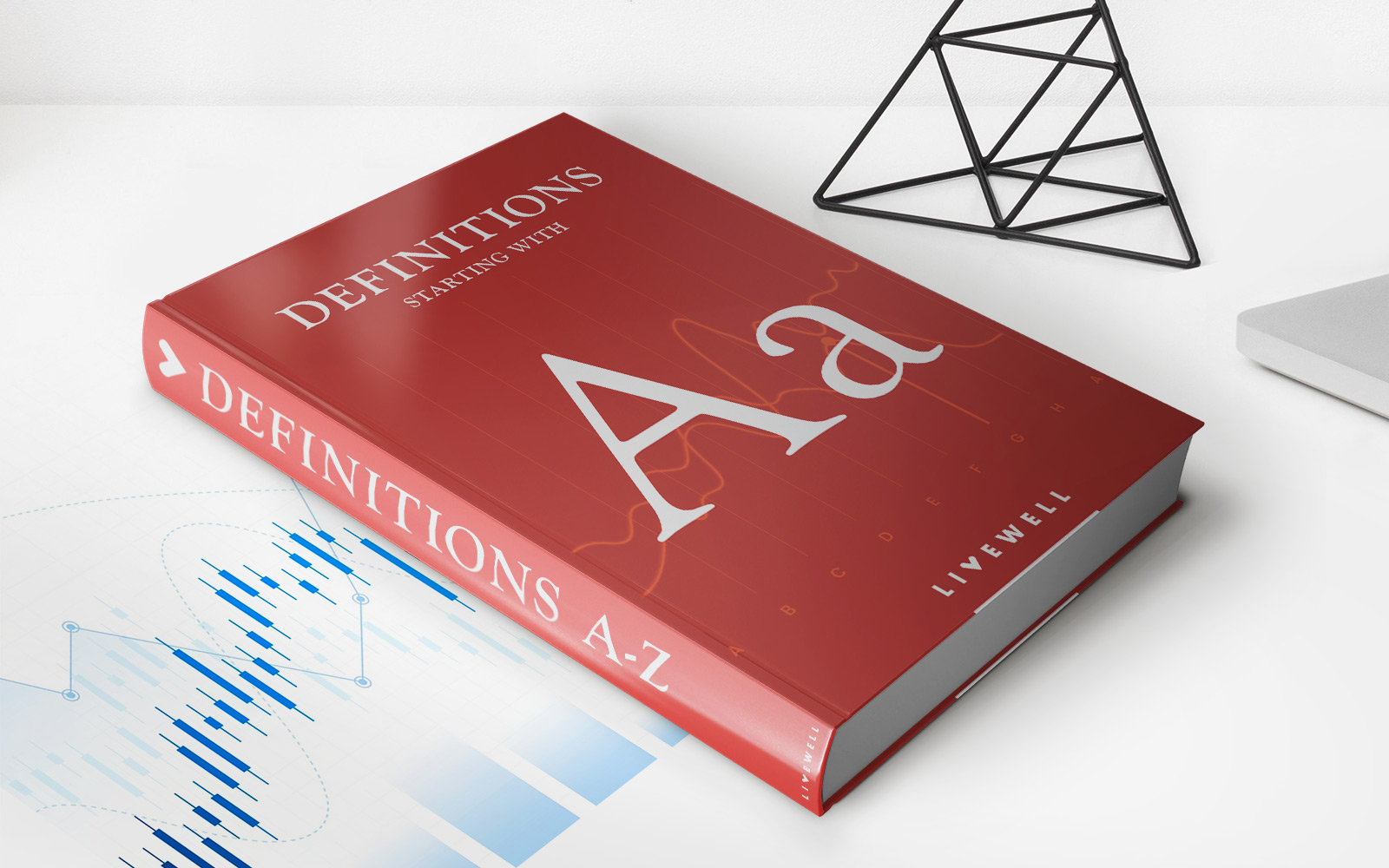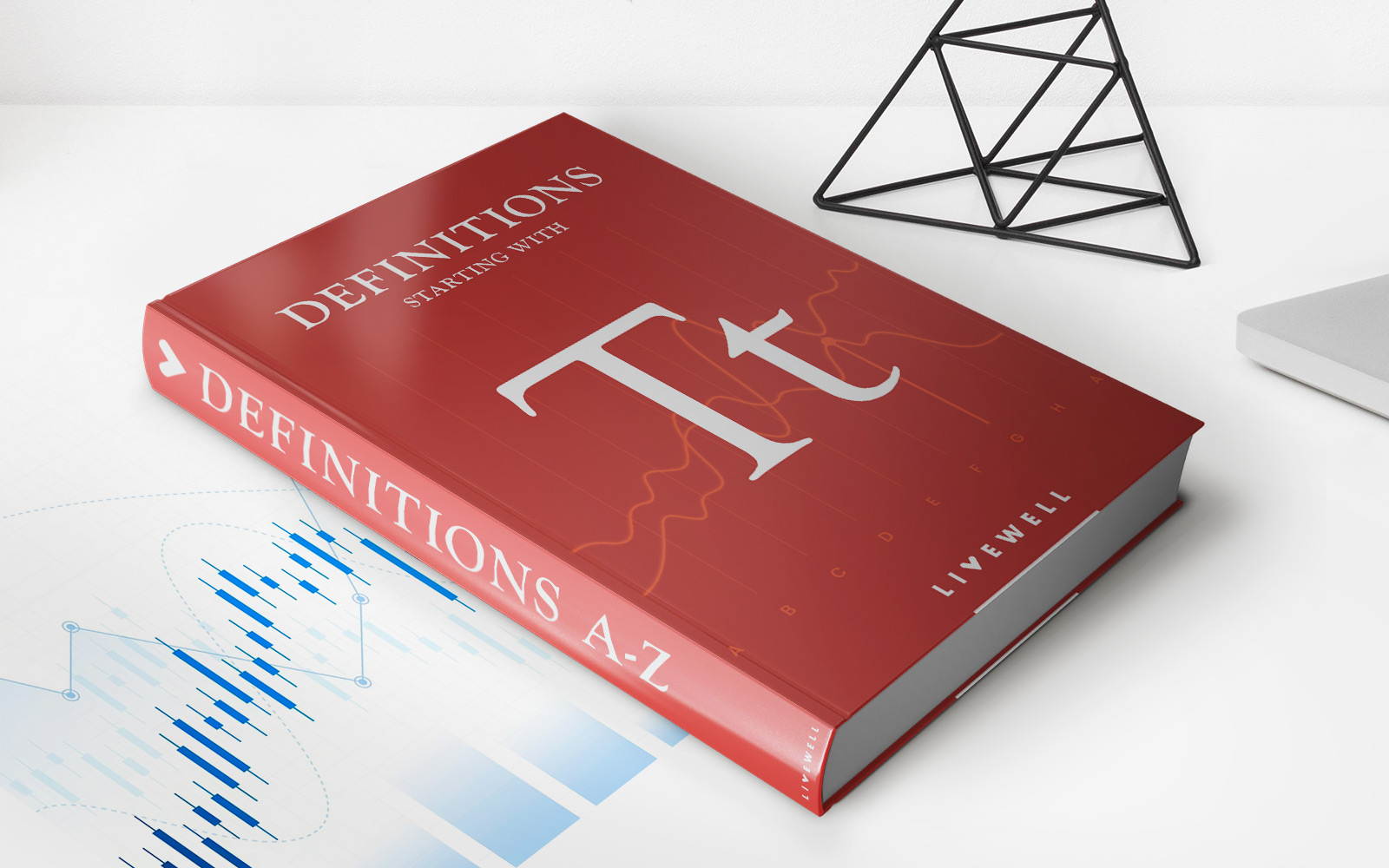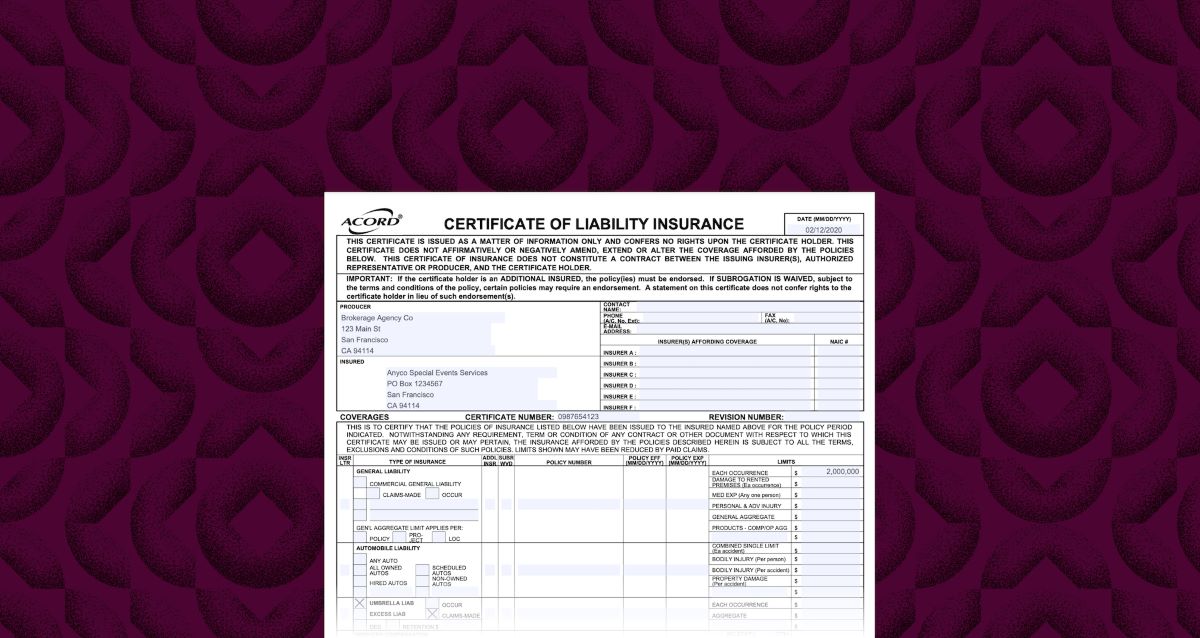Home>Finance>Accounting Records: Definition, What They Include, And Types


Finance
Accounting Records: Definition, What They Include, And Types
Modified: December 30, 2023
Looking for a comprehensive guide on accounting records? Learn the definition, what they include, and the various types in finance.
(Many of the links in this article redirect to a specific reviewed product. Your purchase of these products through affiliate links helps to generate commission for LiveWell, at no extra cost. Learn more)
Why Accounting Records Matter: A Deep Dive into Definitions, Contents, and Types
When it comes to managing finances and staying on top of your business’s financial health, accounting records play a crucial role. But what exactly are accounting records, what do they include, and what are the different types? In this blog post, we’ll unravel the mystery behind accounting records and delve into everything you need to know about them.
Key Takeaways:
- Accounting records are vital financial documents that track and summarize a company’s financial transactions.
- They include various types of records, such as balance sheets, income statements, cash flow statements, and general ledgers.
Definition:
Accounting records refer to the systematic documentation of a company’s financial activities. These records serve as the primary source of financial information and are utilized for recording, classifying, and summarizing financial transactions. In simpler terms, accounting records provide a comprehensive view of a company’s financial performance, helping business owners, accountants, and stakeholders gain insights into its financial health.
What They Include:
Accounting records comprise a range of financial documents that document a company’s financial activities. These documents may include:
- Balance Sheets: Balance sheets provide a snapshot of a company’s financial position by showcasing its assets, liabilities, and shareholders’ equity at a specific point in time.
- Income Statements: Income statements, also known as profit and loss statements, outline a company’s revenues, expenses, and net income over a specific period. They reflect the company’s ability to generate profits.
- Cash Flow Statements: Cash flow statements track the inflow and outflow of cash within a company during a particular period, allowing businesses to evaluate their ability to generate cash and manage liquidity.
- General Ledgers: General ledgers provide a detailed record of all financial transactions, including a chronological listing of accounts and their corresponding debits and credits.
Types of Accounting Records:
Accounting records can be classified into two main types:
- Bookkeeping Records: These records are the foundation of accounting and involve the recording of day-to-day financial transactions such as sales, purchases, receipts, and payments. They usually include invoices, bills, bank statements, and petty cash records.
- Financial Statements: Financial statements summarize the financial performance and position of a company. They consist of the previously mentioned documents, including balance sheets, income statements, and cash flow statements.
Having accurate and well-maintained accounting records is crucial for several reasons. They not only assist businesses in meeting legal and regulatory obligations but also provide valuable insights for making informed financial decisions. By keeping comprehensive accounting records, businesses can track their income and expenses, identify trends, monitor cash flow, and maintain transparency with stakeholders.
So, whether you’re a business owner aiming to track your company’s financial progress or an aspiring accountant seeking to understand the fundamentals, understanding accounting records is essential. By embracing good record-keeping practices, you can pave the way for financial success and ensure your business remains on a stable financial footing.
As you dive deeper into the world of accounting records, remember that they are not a burden but rather a valuable tool that empowers businesses to make informed financial decisions and achieve long-term success. So start organizing your records today and unlock the power of financial insights.














